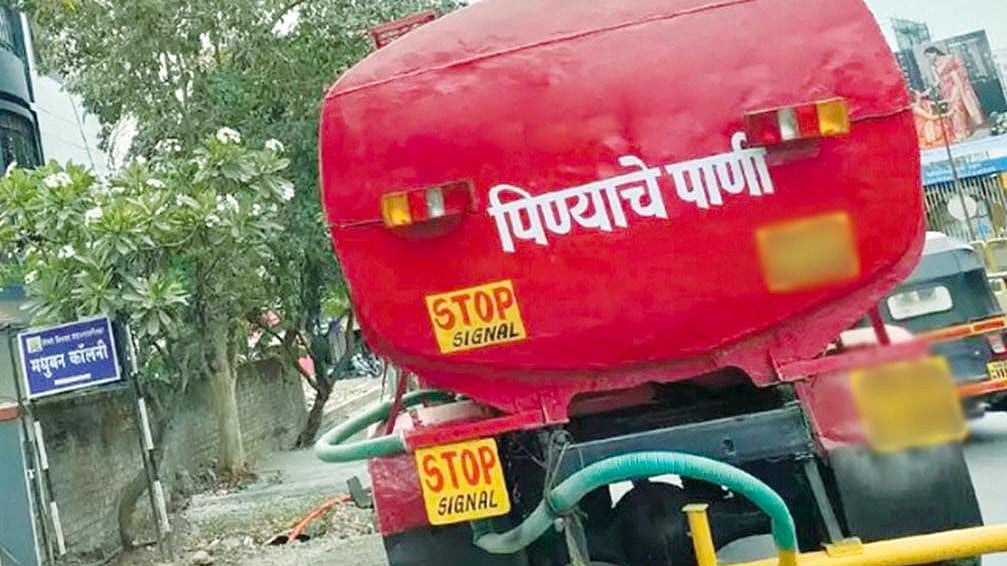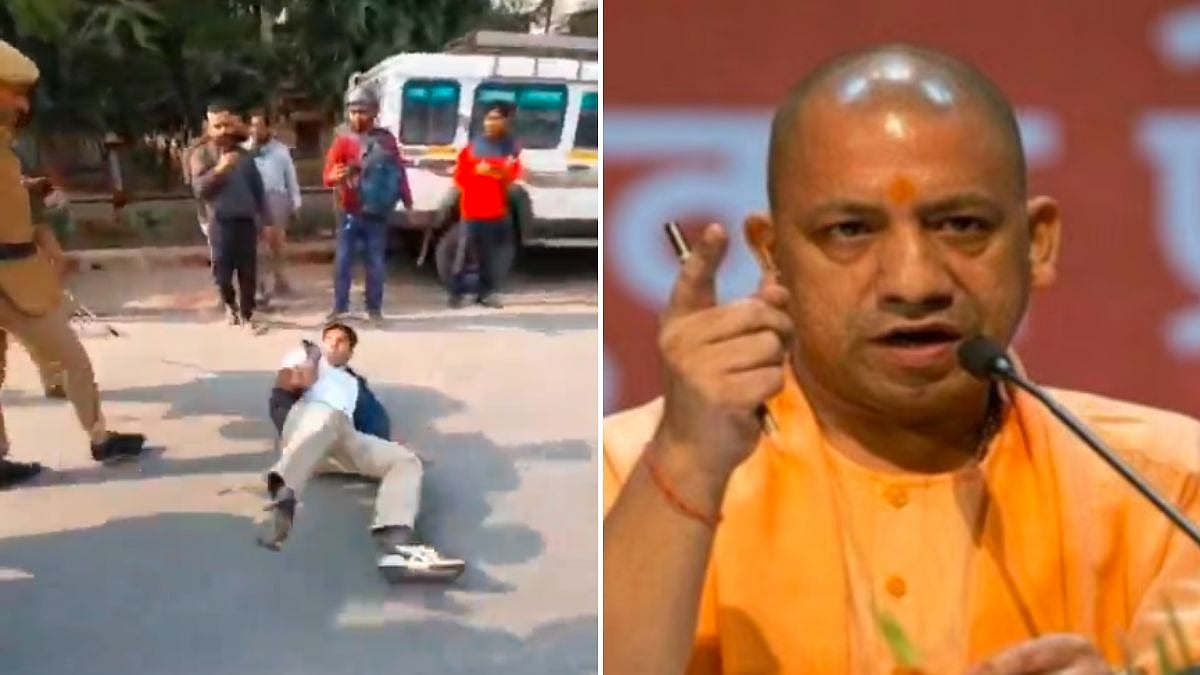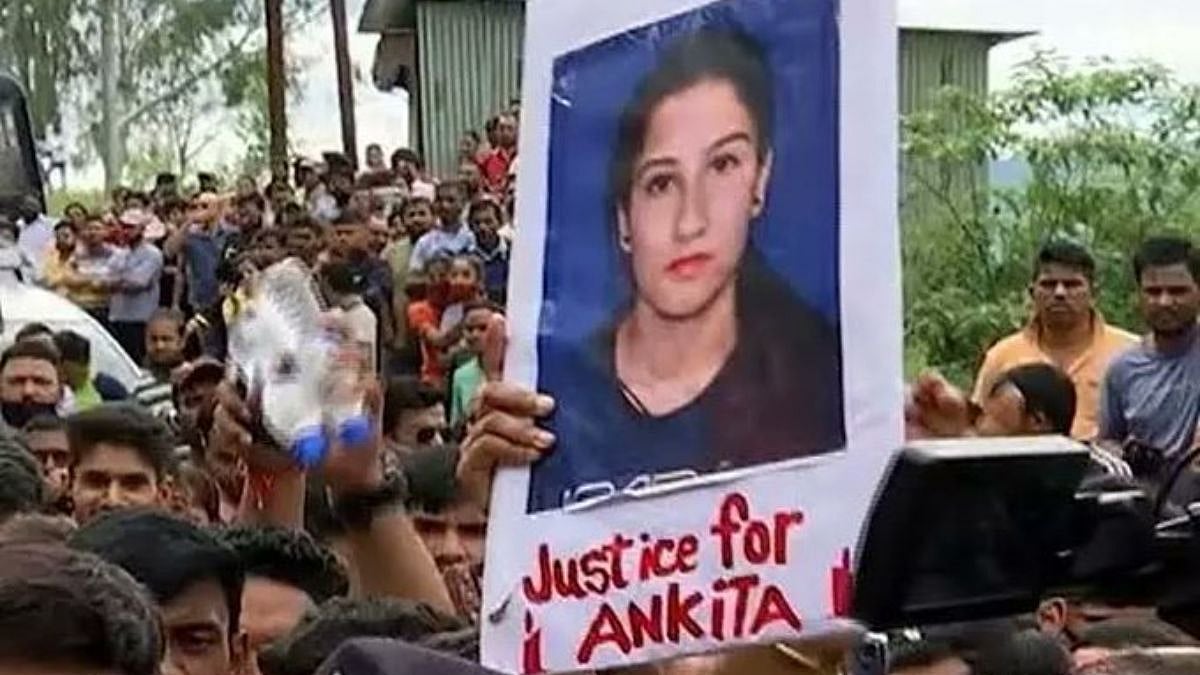The unprecedented lockdown has broken the back of retailers and manufacturers in industries as varied as footwear, jewellery, consumer durables and apparel. A large number of the smaller retailers believe there is a serious question mark on whether they will be able to get back on their feet post the opening of the lockdown.
While the US, UK, Germany and Singapore governments have announced substantial relief packages for the retail industry, no such package has been announced for the twelve crore retailers who have been in the forefront of keeping this industry alive in India. Vikas Dandana, a Delhi based entrepreneur manufacturing plastic utensils points out that despite the unprecedented crisis created by the lockdown, he has just received an electricity bill of Rs 50,000 on commercial rates for his factory for the month of March.
‘How am I expected to pay this when we are in a shutdown mode? I have paid full salaries to my workers for the month of March though I advised them to leave for their homes because I was not sure when the lockdown would end. I have deposited salaries for April in their accounts but I will not be in a position to pay after this month,’ Dandana clarified. Jagdeep Malhotra, who runs a sourcing and supply company, says the lockdown will prove to be the death knell for the small retailer.
‘We somehow managed to survive the double whammy of demonetisation and GST which ripped through our volumes and profit margins bringing our sales down by 25 per cent for 2016. But by 2019, our sales even during the Diwali festive season had come down by 75 per cent as customers had no money. Now they have touched ground zero,’ said Malhotra.
Malhotra sources lifts from Italy and furniture from China. He does not see the Italian market opening for the next six months while no customer will be willing to visit China in the near future to personally select furniture as was the practise in the past. The story is the same across different industries. Manoj Aneja, a clothing distributor who imported fabric from China is convinced that given the fear of the ‘Chinese virus’ no one will be willing to buy Chinese textiles. JH Arora who works out of Tank Road in Karol Bagh which has emerged as the largest jean manufacturing centre in Asia has a similar story.
Arora said, “GST created a great deal of problems for us because of differential rates. We pay 5 per cent GST on clothing, 28 per cent on washing and dry cleaning and a different rate to contractors. Sales have steadily plummeted during the last two years.” The same story is repeated in Khari Baoli, the largest wholesale market for dry fruits in Asia, which had boasted of an annual turnover of Rs 500 crore.
Amrish Gulati, a dry fruit supplier said the spirit of desolation could be sensed even during Diwali 2019. Following the sudden lockdown, he has large stocks of almond, walnut, pistachio, raisin and apricot supplies lying in his shop and is worried these items would get spoilt in the summer heat. ‘We were given no notice and these are all perishable items,’ Gulati lamented.
Even though grocery shops remain open during this crisis, customers have cut down on edible products also. Said Mukul Gupta running a grocery shop, ‘Milk sales have come down by 25 per cent during the last one month. Even items like biscuits have seen a drop in sales. With all this uncertainty and with job losses, people are holding on to their money,’ said Gupta. Property dealers have their own set of problems.
Aseem Bhatia, a property dealer from east Delhi said, ‘Not only have all property transactions come to a halt but some of my clients who have shops in malls are not in a position to pay rent. Mall owners on the other hand complain that they have taken loans from banks and there is pressure on them to pay up.’ The Retailers Association of India had highlighted that 25 per cent of retailers would require a serious infusion of capital to get over this 21-day lockdown.
Kumar Rajagopalan, CEO of RAI, has emphasised that non-food retailers have no revenues but their fixed costs continue and it is imperative that the government bail them out. Retailers complain RAI estimate is on the lower side. They believe most smaller enterprises are fast running out of cash. A large number of them have already retrenched most of their workforce. Employment statistics indicate that urban unemployment rates have soared in the last three weeks and are presently touching 30.9 per cent.
The Centre for Monitoring Indian Economy’s weekly tracker released on April 5 confirmed that unemployment had shot up from 8.4 per cent in mid-March to 23 per cent. The former chief statistician of India, Pronab Sen, has estimated that the hastily imposed lockdown has rendered 50 million workers jobless in just two weeks of the lockdown.
he World Bank has also revised its figures and projected that for the present fiscal year starting April 1, India’s economy is expected to grow between 1.5 to 2.8 per cent. But for retailers, the majority are now concerned with bread and butter issues. They are demanding a relaxation of GST, the removal of minimum electricity charges being charged on a commercial basis and renegotiations of rentals.
The writer is a senior journalist who has worked in a slew of newspapers including Times of India, The Telegraph, and The Independent and as an as Environment Editor for the The Asian Age.









